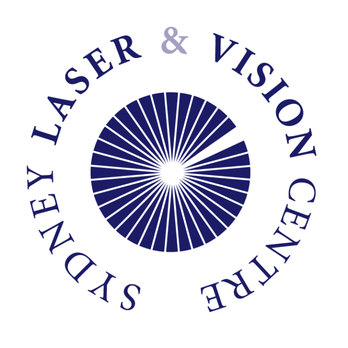How to protect your eyes against Covid 19
Covid 19 has become part of our new normal. There are many questions that patients who undergo eye surgery, or even just a consult with an ophthalmologist, ask, e.g.: “Can you catch Covid 19 through your eyes?”, “Can Covid 19 cause any problems with your eyes?”, “How can I protect my eyes from Covid 19?”
Today we are going to answer some of the most common questions about Covid 19 and eye health.
As most of us already know now, Covid 19 is transmitted by someone breathing in air contaminated by droplets containing the virus. However, although much less common, it can also be spread by the virus coming into contact with the eyes. Our eyes are one of the largest exposed mucosal surfaces of the body, covered by membranes which form a barrier between our bodies and the environment. Unfortunately, this barrier isn’t foolproof and can actually be a point of vulnerability for infection. Hence, in a pandemic, protecting the eyes should be just as important as protecting our mouths via facemasks or encouraging us to wash our hands.
If someone with Covid 19 breathes or sneezes on you then it is possible for you to contract Covid 19. Similarly, Covid 19 can also be contracted by touching contaminated surfaces and then rubbing your eyes and transferring the particles that way. However, this is much less common. Nevertheless, it is not a good idea to rub your eyes – Covid 19 or no Covid 19!
The history of eye protection and diseases
Protecting your eyes against disease isn’t exactly a new idea. The use of semi-transparent masks to cover and protect the eyes dates back to 1200 BC. The use of goggles for eye protection is thought to have begun in Persia in the 15thcentury when polished tortoise shells were used. The 17th century outbreak of the bubonic plague saw the emergence of doctors wearing beaked mask suits (a pre-cursor to today’s hazmat suit). Importantly, these suits also contained in-built spectacles to cover the eyes. The 1910 – 1911 Manchurian pneumonic plague also saw healthcare workers’ eyes concealed by goggles. Hence, protecting your eyes against Covid 19 is certainly a worthwhile extra step to take.
Covid 19 and conjunctivitis
Although the most common symptoms for Covid 19 are things such as a cough, shortness of breath or fever, there is also a small percentage of people who can get conjunctivitis (commonly known as ‘pink eye’) from Covid 19. Conjunctivitis is an infection of the conjunctiva in the eye, which sits over the white part of your eye and under your eyelids. The symptoms of people who have conjunctivitis from Covid 19 are commonly reported as red, itchy, swollen eyes. It’s important to remember that conjunctivitis is a very common eye disease which is usually caused by factors other than Covid 19 (such as bacteria, other viruses, allergies etc), so don’t assume that you have Covid 19 just because you have conjunctivitis, particularly if you don’t have any of the more common symptoms of Covid 19.
If you do have conjunctivitis from Covid 19 be aware that you can infect others by touching your eyes and then touching other people, or even by touching surfaces without first washing your hands.
Can I catch Covid 19 through my eyes and NOT have any eye symptoms?
The short answer is yes! In the influenza epidemic in 1919, doctors worked out that respiratory viruses likely bind to the tear film, pass through the tear duct, and invade the throat. This is quite sneaky, since only a small proportion of patients develop eye symptoms, as the tears are doing their job, protecting the surface of the eye. After exposure, because of rapid tear turnover, there is little evidence that an individual has been exposed.[1]
How can I protect my eyes from Covid 19?
Vaccination is the first defence against Covid 19. However, apart from vaccination, here are some other measures that you can take to reduce the risk of contracting Covid 19 through the eyes:
1. Be sure to keep a safe distance (at least 1.5m) between you and others
2. Wear a mask. This won’t protect your eyes but may protect other peoples’ eyes if you have Covid 19.
3. Wear glasses. A recent study showed that wearing glasses can help protect your eyes from infected droplets[2]. If you don’t wear prescription glasses then consider wearing sunglasses when outside, or if inside and you have to be close to someone, consider wearing safety glasses or goggles.
4. Avoid rubbing your eyes. This is a good rule of thumb in general actually as you can transfer all types of viruses or bacteria into your eyes from your hands.
Covid 19 is a very serious condition. However, there are many simple things that you can do to help protect yourself – and your eyes.
References:
[1] https://www.sciencedirect.com/science/article/pii/S1542012420300896
[2] http://jamanetwork.com/article.aspx?doi=10.1001/jamaophthalmol.2020.3909
